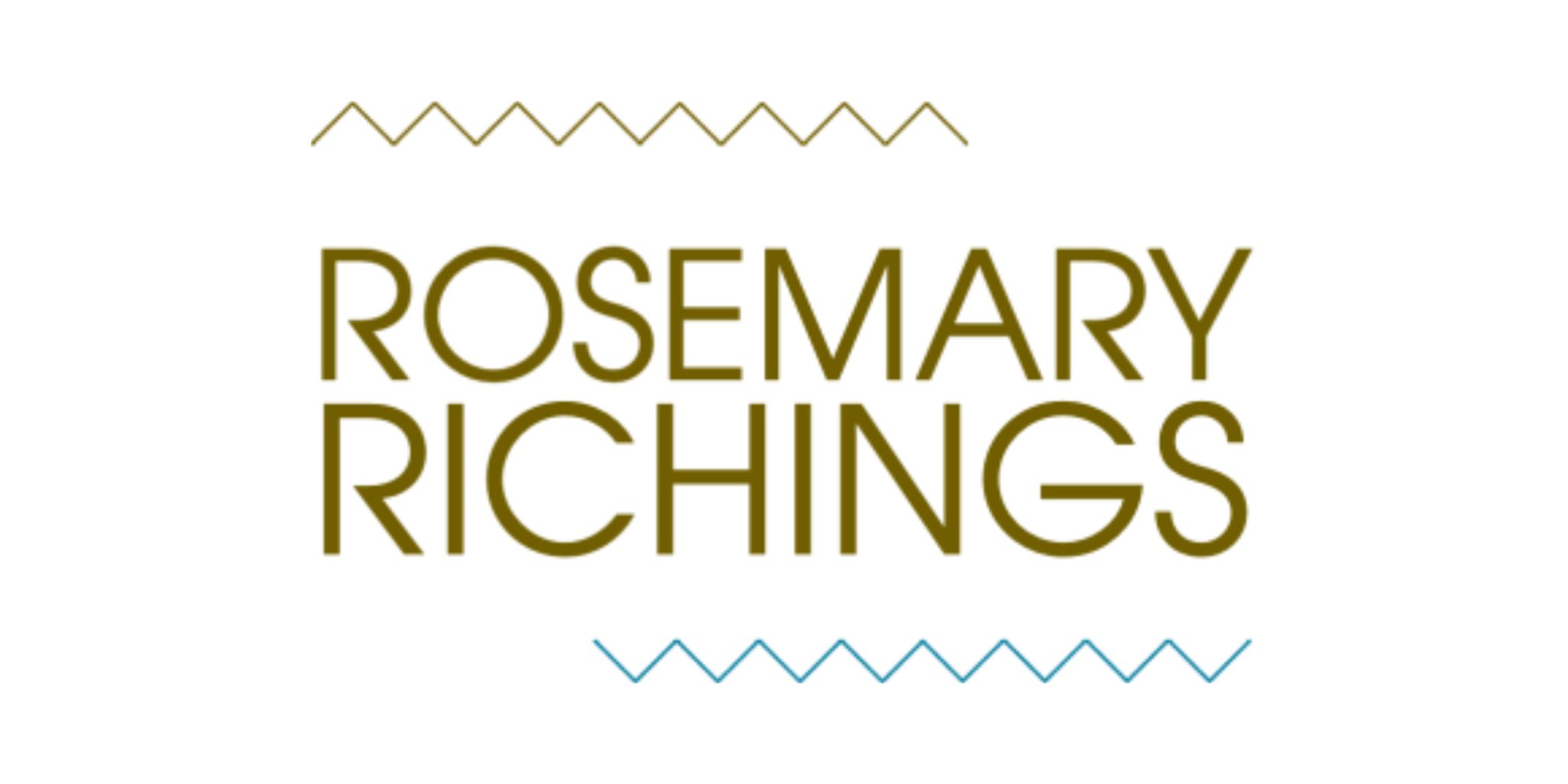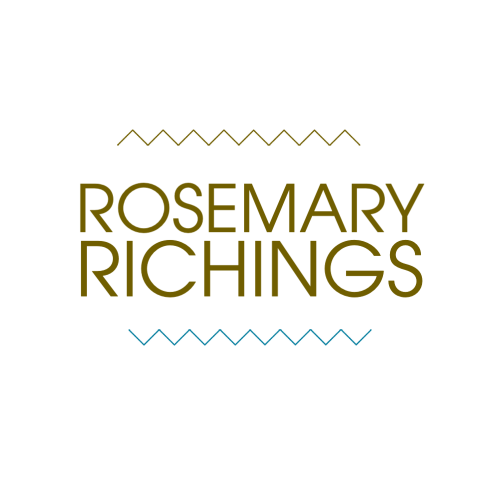As much as I’d love to “just write”, the path I’ve chosen is about adaptation
In fact…I think the 2018 freelance writing forecast put it best when they described how the role of writers has changed:
A decade ago, every writing market that could afford it would have a fact checker on staff. They’d call sources to double-check facts and quotes, verify statistics, and more.
But over the last several years media outlets started becoming more interested in eyeballs than facts.
I think there’s something very truthful about that. Because that’s always the first question people ask me. They always wonder: what kinds of results will I get out of this? It’s never about talent or clever wording of a word or phrase. And…well, fair enough.
Here’s how I position myself as more than just a writer to my clients.
1) The client’s audience comes first
It started with my first testimonial, which pointed out a strength that I had no idea I had:
 This testimonial came from a former colleague, who really believed in the value of my content creation abilities. And it makes a lot of sense because we worked together not long before I transitioned into freelancing.
This testimonial came from a former colleague, who really believed in the value of my content creation abilities. And it makes a lot of sense because we worked together not long before I transitioned into freelancing.
That’s where I discovered that I wasn’t “just” a writer, but also someone with a talent for coming up with ideas that my readers actually like. Because my blog posts were a huge SEO boost for the company, thanks to their popularity. But what really helped me figure out that this wasn’t just a waste of time was my experiences working with Lokafy.
She brought me onboard because of something else that I was good at, that was a bit more complicated than just “attracting web traffic”…
An ability to make people empathize and care about the topic I’m discussing:
 And clearly, my work (and my fellow content writers’ work) paid off, because Lokafy has had a lot of press attention since I started creating content for them:
And clearly, my work (and my fellow content writers’ work) paid off, because Lokafy has had a lot of press attention since I started creating content for them:
From Lokafy’s website: the media attention they’ve got lately! When I started working with them, they had not yet had any media attention and there were only available in two cities.
So… how would I describe this to clients and casual acquaintances?
Basically what I do is focus on the most important part of the content, building and maintaining relationships.
Because that’s really what it’s all about. Ten years ago or more advertising would involve either:
- Paying for advertising.
- Or hoping for mainstream media attention. FYI: that’s not easy to do, unless you’re well-connected with the journalism community, or have a unique angle that will get their attention.
But I pride myself on helping people make just the right content marketing choices for them to personalize and customize the customer experience with their brand. However, you might be thinking to yourself: “why not just stick to the old way of advertising?”
The old method of advertising still exists. Yet, the old way of advertising overlooks something extremely important.
Consumers have a completely different relationship with the businesses they’re purchasing products and services from than they did pre-internet.
In fact, Express writers put it best when they described the modern consumer as the following:
Most modern consumers are wise to the sales pitch, can spot it a mile away, and feel vaguely uncomfortable with traditional sales tactics that too-obviously focus on wresting money from their wallets.
So where does what I do fit into the bigger picture? Content marketing is about the customer coming to you, rather than the exact opposite of that. And that drastically changes what people creatives for.
Marketing the modern way involves researching and getting to know the audience and looking beyond just the one-dimensional customer avatar, a concept I’m not really a fan of.
This leads to a positive relationship with customers, who, if they decide that they like you, will either buy something from you or spread the word to a friend.
2) I make ideas “long-term friendly”
Two weeks ago I released a blog post, which (briefly) discussed the 80/20 rule. To recap the rule basically goes like this:
80% content promotion, 20% content creation
I bring that one up a lot, because it’s alarming how often business owners assume that once their post is published, readers will magically show up. And yes… they totally will, if you target the right people, and only develop content they’re actually interested in!
It’s cool and all that content creation has such widespread accessibility.
But the problem is basically this, not enough people have the right resources or experiences to distribute content that leads to anything besides this:

And that’s shitty as can be because if that’s the only results you’re getting, what’s the point of putting your content “out there” in the first place?
What I often focus on, when I have the “what do you do” conversation, is this…
I help big-hearted small business owners convert their content ideas from just something that seems temporarily worth reading to something that people will click on (and actually read):
- Weeks
- Months
- And in some cases years after it’s published.
Because that’s the cool thing about the internet. It’s not like a newspaper. Things kind of just…hang out there forever, unless it gets deleted, or a website gets shut down.
That’s an amazing opportunity because when done well, it’s free advertising that never expires, which feels a 100% personalized.
A great example of this was a text I received from my mother. She follows my newsletter, which is really adorable (I know).
She opened an email I sent to my newsletter a week after I sent it. Then she said to me: “I loved that! Thank you!” At first, I didn’t know what she was talking about.
I produce so much content that it’s easy to lose track. But then…when she revealed that she had the subject line memorized, and I was like: “oh right!”
That’s what I see my work as being about…
It’s about helping people create material that like-minded readers are:
- Drawn to
- And go back to over and over again.
It’s also about making loyal readers keep come back for more, and love the company I worked with so much, that they actually want to spend time and money. Because they feel like they really know them…even though they only (kind of) know them.
3) I help find unity between all platforms…
When I started freelancing, no matter how good my blog content was, it would sit there and collect dust if my clients didn’t have a plan. And it was alarming how often they didn’t have a plan! For instance, all the following are questions from a client I’ve worked with:

However, this client wasn’t the only one with similar questions:

Unfortunately, there is a shortage of writers willing to accommodate this. In fact, questions, just like the example below, are a common part of the freelance writing groups I’m a member of:

That’s exactly why I offer more than just a finished draft. In fact, that’s an important part of how I talk about my work on my website:

The truth is…
My choices to be more than just a writer is about adaptation. When I was a child, I saw my future in a very different way than I do now. I thought I’d teach English, and write books. Or work for a really cool website, magazine, theatre company, or newspaper.
Then, everything changed. My dream industries weren’t hiring, because they were struggling to survive. So I chose what came just as naturally to me:
The relatively new field of content marketing (and I didn’t hate it)!
It’s why the words “writer” and “artist” don’t feel natural to me anymore.
I prefer to introduce myself as someone who…
Helps others create original content that helps create customer loyalty and relationships. Because that’s what feels the most accurate and truthful.
If you’re reading this and you’re not a writer, I strongly urge you to take that resume job title you have and find a way to focus on the results you provide.
And, if you’re confused about what I mean by that, I wrote an article about defining your value statement, for the Millo.Co blog, which elaborates on what I mean by that in deeper detail.
On a related note…
If you love the sound of my approach, you might like to read about how my professional services work.
PS: New articles are published bi-weekly on Mondays. Browse more posts:
50+ B2B articles →
100+ writer-to-writer articles →




